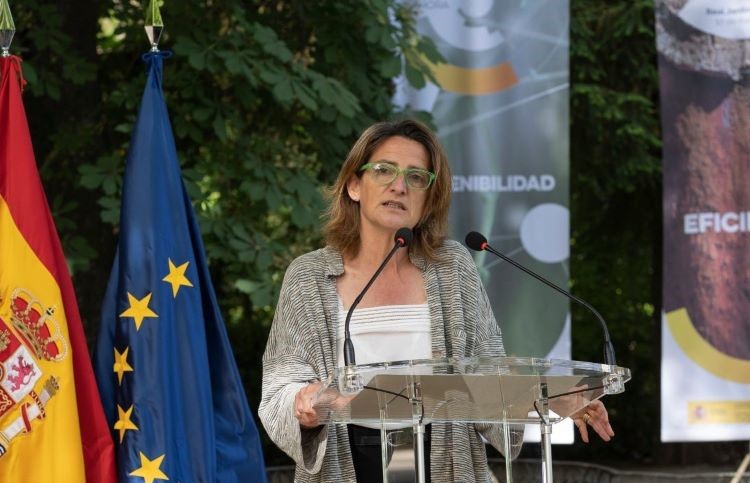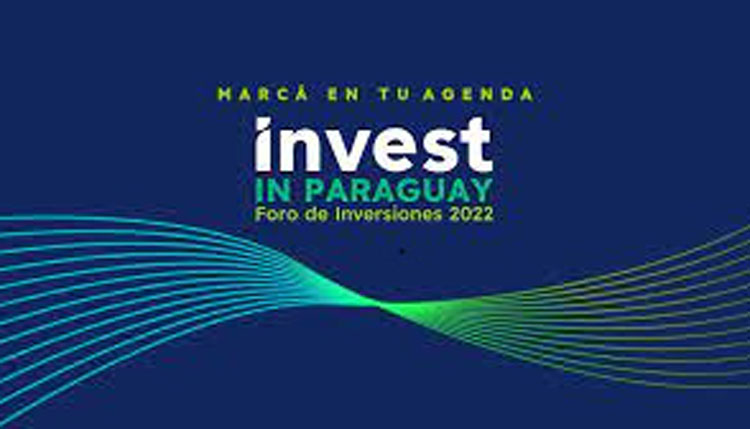The Diplomat
The Spanish Government is going to offer the export capacity of Spanish regasification plants as a counterpart to the European Commission’s proposal to apply a linear 15% cut in the natural gas consumption of all Member States.
Last July 20, the Commission proposed a new legislative instrument and a European Gas Demand Reduction Plan aimed at reducing consumption by 15% between August 1, 2022 and March 31, 2023, considering that “the European Union runs the risk of facing new cuts in the supply of gas from Russia”.
After the publication of the Brussels proposal, the third vice-president of the Government and Minister for Ecological Transition, Teresa Ribera, declared in a press conference that Spain is opposed to “the imposition of obligations that are above what is required of other partners”, since, she assured, the country has not only “done its homework, spending more than other countries to guarantee security of supply” but has become “the gateway for more than 30% of liquefied natural gas (LNG) in Europe”.
“They cannot demand a sacrifice on which we have not been asked for an opinion”, because, “unlike other countries, we have not lived above our possibilities from the energy point of view”, added Ribera, who also announced that the Executive of Pedro Sánchez will go “with a proposal of its own to the Council of Energy Ministers” next week. The European Commission’s plan has not gone down well in other countries either, such as Portugal and Greece.
In this regard, Ministry sources assured Europa Press yesterday that, in its counter-offer to Brussels, Spain will ask the other Member States to take into account Spanish infrastructures and the gas exports made by our country to the rest of the European Union in the last five years. Thanks to this export capacity, and to Spain’s six active regasification plants (which represent a third of the regasification capacity of the entire EU and 44% of the European storage potential for liquefied natural gas, LNG), Spain could cover at least 13% of the cubic meters of gas that the Commission intends to save with its proposal.
Meanwhile, the European Commission’s chief spokesman, Eric Mamer, recalled yesterday, in response to Spain’s position, that “if there is one subject on which the Member States have been able to debate ad nauseam in recent months, it is energy”. He also appealed to the “solidarity” of all Member States to address the impact of Russian dependence “on the entire European market”. “The role of the European Commission is to make a proposal and then it is up to the Council to decide on that proposal,” he added. The Commission’s proposal needs the support of at least 15 member states (qualified majority) and does not need approval in the European Parliament.







